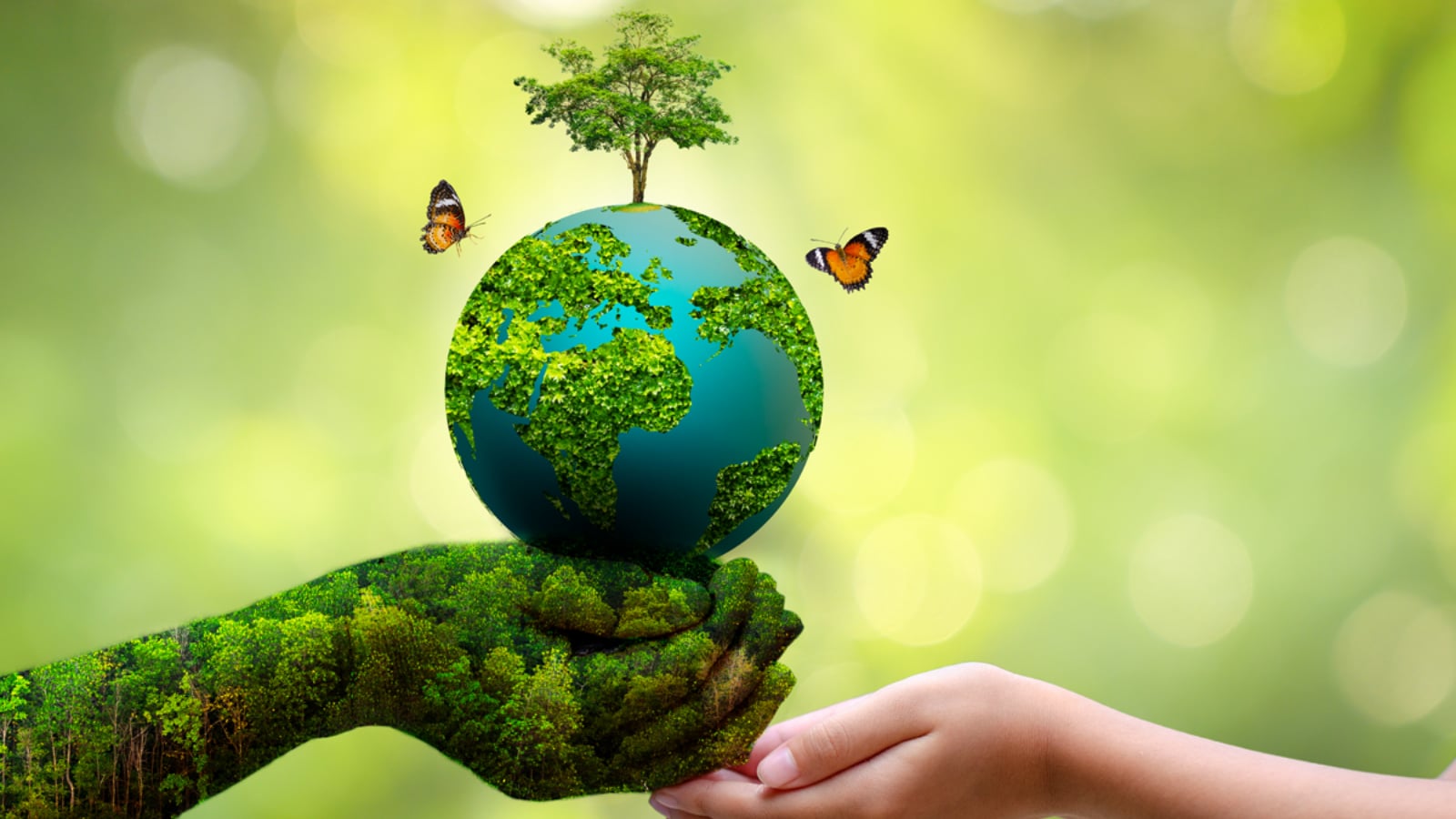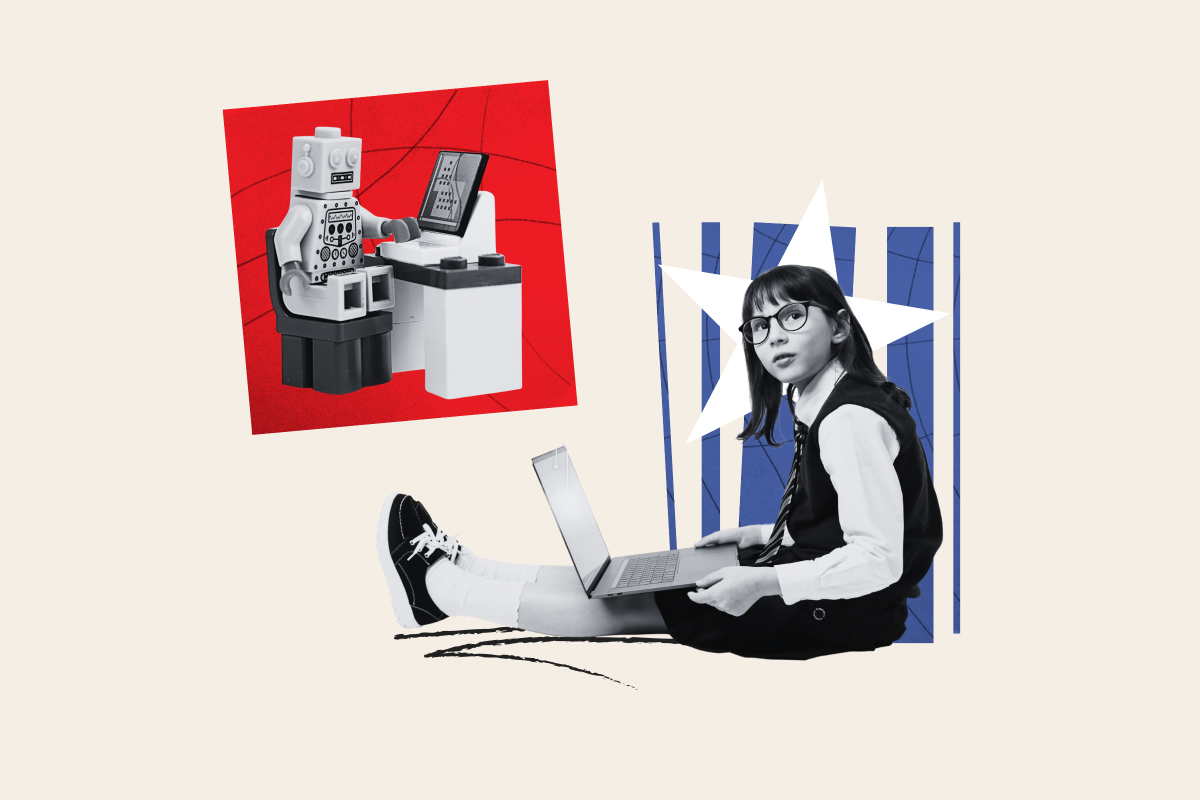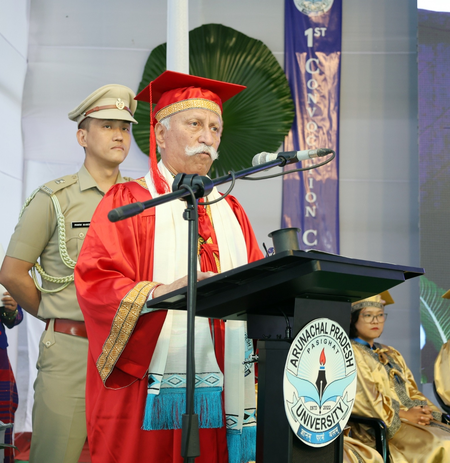Copyright news18

As conversations around sustainability mature, the packaging industry stands at the forefront of innovation and accountability. In India, where the scale of consumption meets complex waste systems companies are rethinking how materials are designed, used, and recovered. Two leaders in this transformation, PepsiCo India and Tetra Pak South Asia, are showing how business and sustainability can coexist through design innovation, partnerships, and circular economy thinking. Reimagining Packaging: From Recyclable to Circular For Yashika Singh, Chief Corporate Affairs Officer & Head of Sustainability at PepsiCo India & South Asia, the company’s sustainability agenda is deeply anchored in circularity. “At PepsiCo India, we’ve been reimagining our packaging portfolio to make it not just recyclable, but truly a part of a circular system,” she shares. In 2023, Pepsi Black became the first carbonated beverage in India to be sold in 100% rPET bottles, a milestone enabled by regulatory approval for food-grade recycled content. Beyond beverages, over 50% of PepsiCo India’s films portfolio has transitioned to recyclable-friendly materials, with full conversion expected soon. The company is also working with the CII India Plastic Pact to test material performance and scale circular packaging responsibly. Yet, Singh emphasizes that achieving circularity in food packaging requires more than innovation it demands alignment between policy, technology, and behaviour. “Food packaging relies on flexible films and advanced recycling technologies, many of which are still evolving globally,” she notes. “We believe collective measures, regulatory clarity, and policy support are essential to achieve sustainability goals without compromising food safety or consumer trust.” Designing the World’s Most Sustainable Carton For Juhi Gupta, Director, Sustainability, Tetra Pak South Asia, the mission is clear, “Our North Star is to create the world’s most sustainable carton fully recyclable, made entirely from renewable or recycled materials, and delivering the lowest possible climate impact while protecting food.” Tetra Pak’s strategy rests on five pillars of innovation packaging design, next-generation materials, renewable and recycled content, recycling infrastructure, and reusable value. The company has reduced the aluminum content in its cartons, developed fibre-based barrier layers, and introduced plant-based renewable materials like paperboard and sugarcane-based plastic. One of its landmark innovations, the Tetra Brik Aseptic 200 Slim Leaf carton, achieves up to 90% renewable content and reduces its carbon footprint by a third. “We are integrating recycled polymers into our cartons, moving steadily toward a fully circular model,” says Gupta. Globally, Tetra Pak invested €42 million in FY24 to strengthen collection and recycling, collaborating with 215 recycling partners and processing over 1.3 million tonnes of used beverage cartons. In India, Tetra Pak continues to lead by example. “We’ve voluntarily fulfilled Extended Producer Responsibility (EPR) for over 20 years,” explains Gupta. “We recently became the first company to meet the government mandate of integrating 5% recycled polymers in carton packaging.” Circular Economy in Action Both companies see the circular economy not as a buzzword, but as the foundation of their operations. At PepsiCo India, circularity extends beyond packaging design to community empowerment. Through initiatives like Project Purna with Recity, the company has diverted over 3,200 metric tonnes of waste in Mathura-Vrindavan while upskilling waste workers in segregation and recycling. In Guwahati, its PRIDE Cooperative, a partnership with Pyxera Global has supported over 1,000 waste workers with documentation, welfare, and skill-building. “These initiatives ensure that materials don’t simply end up in landfills, but re-enter the value chain,” Singh explains. “Circularity is about responsible sourcing, use, collection, and repurposing all working together to create lasting impact.” Tetra Pak’s circular vision similarly spans the entire lifecycle from sourcing to end-of-life recovery. Over 70% of a Tetra Pak carton is paperboard sourced from FSC-certified responsibly managed forests. The company is also scaling renewable polymers made from sugarcane, reducing its dependence on fossil-based plastics. Gupta elaborates, “A circular approach helps us extend equipment life, minimize resource use, and increase recycled and renewable materials. Our 50/50/50 ambition aims for a 50% reduction in water use, waste, and CO₂ emissions across processing lines by 2030.” In 2024, 95% of Tetra Pak’s operational waste was recycled, with less than 1% going to landfill, a testament to its zero-waste commitment. Engaging People and Partners for Impact For both PepsiCo and Tetra Pak, achieving sustainability goals depends on collective action. PepsiCo’s flagship Plog Run initiative has become a nationwide movement, blending fitness with environmental responsibility. “Since its launch in 2022, more than 8,400 volunteers have participated, collecting and recycling waste across India,” Singh shares. The Gurugram edition alone saw 500 participants gather over 1,150 kilograms of waste. “The Plog Run reflects our ‘Partnership of Progress’ philosophy showing how collaboration between corporations, communities, and civic groups can turn waste into value.” Tetra Pak, meanwhile, has built one of India’s strongest recycling ecosystems, partnering with over 30 collection partners and 8 recyclers across 26 states, including the Indian Army. Its consumer engagement campaigns, like ‘Go Green with Tetra Pak’ and ‘Mera Carton Meri Zimmedari’, have inspired household-level recycling, helping the company recycle over 40% of cartons distributed in India. Education, Gupta believes, is the most powerful catalyst for change. “Our ‘Cartons Le Aao, Classroom Banao’ campaign has engaged thousands of schoolchildren in Maharashtra, turning used cartons into desks for government schools. It’s a simple yet profound way to teach circular thinking early.” The Way Forward: Collaboration as the Cornerstone of Circularity Both leaders agree that the transition to a circular economy hinges on collaboration across the value chain from manufacturers and policymakers to recyclers and consumers. As Singh aptly concludes, “For circularity to work, policy, technology, and behaviour must evolve together. When industry and society move in sync, we can create systems that are sustainable by design, not by exception.” Gupta echoes that sentiment, “A circular economy cannot be achieved by one company alone. It’s about collective progress, where innovation meets accountability, and sustainability becomes a shared responsibility.” From rPET bottles and recyclable films to renewable cartons and waste-to-resource systems, PepsiCo India and Tetra Pak South Asia are proving that packaging can be more than protective, it can be regenerative. Their efforts mark a pivotal shift in how India approaches sustainability, blending innovation, inclusion, and circular thinking to create a future where nothing truly goes to waste.



